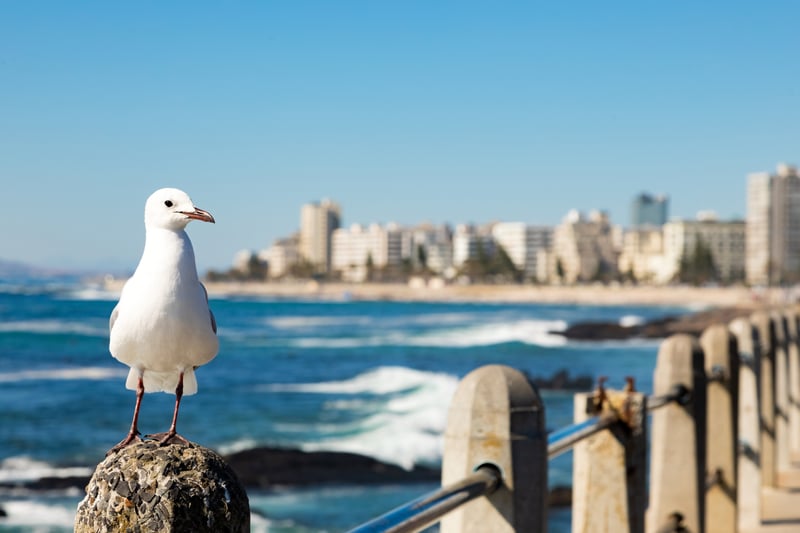Get Healthy!

- Posted May 30, 2023
Microplastics Are Harming the Guts of Seabirds -- and Maybe Humans, Too
Microplastic pollution is altering the gut microbiomes of wild seabirds and that could be a warning sign for humans, researchers report.
Scientists from McGill University in Montreal, along with colleagues from around the world, found that tiny bits of plastic present in the gastrointestinal system of seabirds have modified the gut's microbiome. The plastics are also reducing levels of advantageous bacteria typically found within the intestines.
"Our discoveries mirror the conditions experienced by wildlife. Given that humans also ingest microplastics through environmental exposure and food consumption, this study should serve as a cautionary signal," the researchers warned.
Their findings were recently published in the journal Nature Ecology and Evolution.
Scientists have long been concerned about microplastics, minute fragments of plastic about 5 mm in size found everywhere from deep in the oceans to isolated territories in Antarctica and in the fish people eat.
"The gut microbiome encompasses the entire assemblage of microorganisms residing in the gastrointestinal tract, crucially involved in regulating processes such as food digestion, immune system function, central nervous system activity, and other vital bodily functions. It serves as a pivotal indicator of overall health and well-being,"study co-author Julia Baak said in a McGill news release. She's a PhD candidate in natural resource sciences at McGill.
The research team analyzed the gut microbiome of two seabird species: the northern fulmar and the Cory's shearwater. These species live in offshore regions and rely on a diet of marine mollusks, crustaceans and fish.
"Until this point, there has been limited research addressing whether the quantities of microplastics existing in the natural environment have detrimental consequences on the gut microbial well-being of the affected species,"said Gloria Fackelmann, who conducted the study as part of her doctoral thesis at Ulm University in Germany.
The researchers found the microplastics affected the gut microbiome in both species of seabirds studied.
"As the quantity of microplastics in the gut increased, the presence of commensal bacteria decreased. Commensal bacteria play a crucial role in providing vital nutrients to their hosts and aiding in the defense against opportunistic pathogens. Disturbances in these microbial communities can impair numerous health-related processes and potentially give rise to diseases within the host,"Fackelmann explained.
Most studies on microplastics and the microbiome are conducted in laboratory settings with high concentrations of microplastics, the researchers noted.
"Through our examination of animals in their natural habitats, our research demonstrates that alterations in the microbiome can transpire at lower concentrations that are already prevalent in the natural environment,"Fackelmann said.
More information
The National Oceanic and Atmospheric Administration has more on microplastics.
SOURCE: McGill University, news release, May 24, 2023



